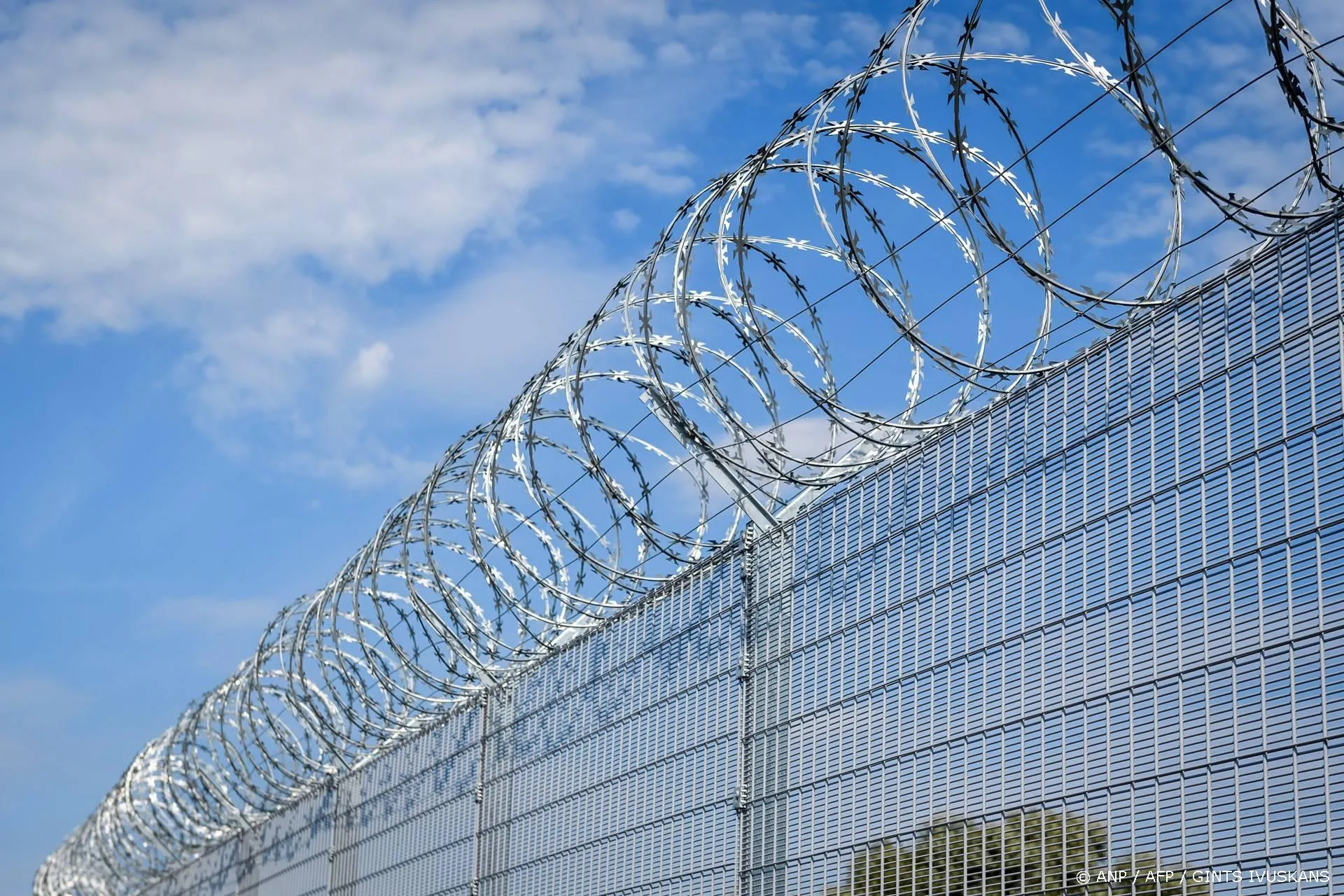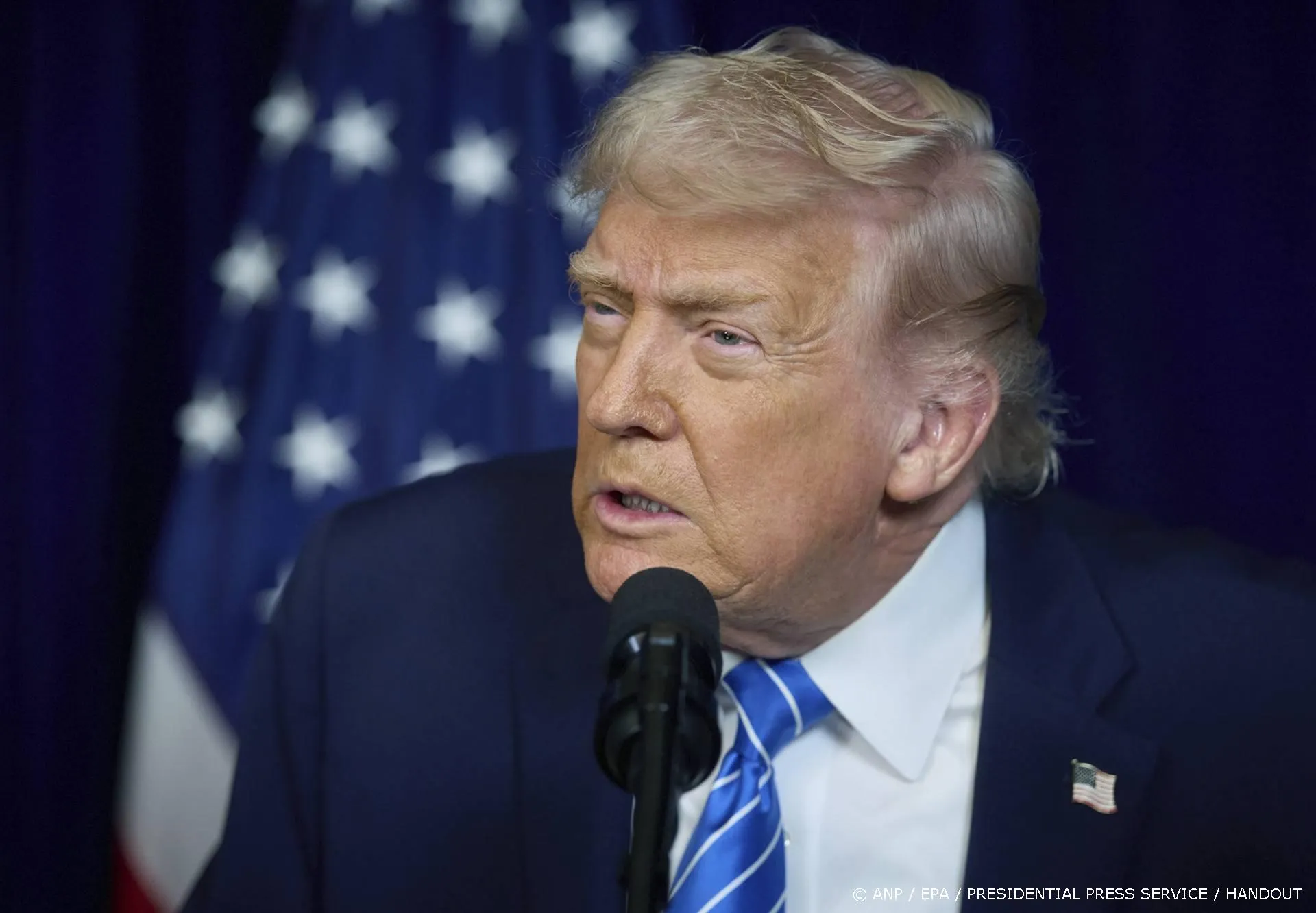Franse 'Académie des sciences' over klimaatverandering

Vincent Courtillot heeft zijn indrukken van de bijeenkomst weergegeven. Ik pik daaruit de volgende passages:
Some 120 academicians and other scientists attended a full day with four sessions, each organized in the same way and chaired by a neutral Academy member: two summaries of the written contributions by Academy members, then two or three short (7 mn, 5 overheads) presentations introductory to the debate. Each of these sessions was followed by a full hour of open discussion. The four topics were: recent climate observations, past climate, numerical models, and physical processes. I gave one of the 7mn presentations on observations of recent climate change and our published work on evidence for solar forcing. There was no other labeled climate-skeptic presentation, but a number of presentations were critical of significant aspects of the majority view as expressed by the IPCC reports. That view remained (although of course no vote was taken) the majority view, but I was impressed by the quality and number of distinguished academicians expressing what I found to be very sensible remarks that supported at least partly the skeptical view and in any case insisted that the debate should remain elegant and open (which was the case for most of the day).
Several of the[se] media view the report as definitely vindicating the IPCC conclusions. This is not at all what the September debate showed, and in my view is neither what the report given to the minister says, provided one takes the time to read it fully and carefully.
The report continues by saying that the debate allowed to identify points of convergence and divergence and remaining uncertainties. And indeed a number of large uncertainties was discussed during the day, including by specialists who were not engaged in climate research but brought their expertise from, for instance, fluid mechanics and chaos theory. The style and quality of the debate, the space taken by minority views, even if they remain in this circle minority views, show such an evolution with respect to previous similar debates and reports
Some say this report is a compromise. I would say a reasonable balance at the present time. Since the September 20 debate clearly showed that there were several distinct positions, there can in principle be no single, unanimous synthesis. As far as I am concerned, reading carefully the 11 pages which form the body of the final report (in which many of my comments on three previous versions were taken into account), I find 12 points of agreement and 8 of disagreement. . One who reads too fast or too superficially will fail to see that the report actually contains paragraphs that contradict each other. An unattentive or unfair journalist could equally extract a synthesis of the report appearing to fully support or on the contrary largely criticize the IPCC views! How could it be otherwise, unless there were two sections, a majority and a minority report, which is what I myself would suggest for the next IPCC report, but is apparently not (yet?) in the French habits.
So, what are the main points I disagree with? First, the statement that most of the increase in temperature from 1975 to 2003 is mainly due to the increase in carbon dioxide concentration in the atmosphere during the same period. I note however that the word acceleration which had been used in a previous version has in at least one instance been replaced by increase. Indeed, if one follows for instance the Met Office website, monthly temperatures are seen to increase from about 1910 to 1930, almost as much as in the last 30 years of the century. And the period from 1930 to 1970 shows a slight but clear decrease. So acceleration or slowing down can both be argued, depending on which segment one compares. And the report forgets to say (although this was clearly shown in the oral debate) that temperature has been slightly decreasing since the maximum in 1998 (2003 for another data center, again demonstrating uncertainty). Which leads to the second point of disagreement. The report says that because solar activity has been decreasing since 1975, it cannot be linked to temperature change that was increasing. But that is wrong: solar activity has been decreasing since 1990 and temperature also, since 2000. This is precisely one of the reasons why we believe solar activity may have been under-estimated as a partial forcing factor of climate change.
We need another one or two decades of high quality observations and I believe the debate will largely be resolved one way or the other. If the solar connection we propose is right, and as the Sun may have entered a particularly quiet period after several decades in a high mode (see the work by de Jager and Duhau), the temperature decrease of the past decade could continue for one or two more decades and one would then be far away from the IPCC predictions. On the other hand, the curve may turn upwards again: only the future with hard observations will tell us.
Another strong recommendation is that data should be widely accessible, including raw data in non-processed format, in case one team would find errors in the processing scheme of another. This is exactly the kind of refusal we faced some years ago, when we started working on the subject. We were denied access to CRU raw data. We now know we were far from being alone ... I recall that in the cases of Europe and the US, which we recalculated, we find mean temperature curves for the 20th century that are rather significantly different from the IPCC curves and that are not fit well by the available numerical climate models.
The report also concludes that there are many remaining uncertainties and lack of proper understanding of some mechanisms that affect climate: clouds are an essential part (acknowledged by IPCC reports, but not leading to the more careful conclusions that this implies), solar effects (many authors), cosmic rays (Svensmark), atmospheric electricity (Tinsley) ... The Academy report concludes rightly that this implies the need for a lot of future research. This is the reason why one should view with great caution the 90% confidence level with which some of the main conclusions of the IPCC and recommendations to political leaders are stated. The Academy report carefully avoids using such a number.
Yet, I acknowledge that after all these excellent appeals to caution and emphasis on uncertainties and unsolved questions, the report has a couple of definite statements in the concluding page that are in contradiction with the rest of the text and can only be viewed as some form of careful compromise (I call it balance) which, given the tension and the level of attacks in some of the media, I can understand only too well.
Again, given the positive parts which had not previously been stated at this level, I take the report as a welcome move in the right direction: on the importance of unresolved uncertainties, encouragement of further research, this is really ahead of a number of previous such reports, which most media have decided to ignore (or failed to understand). To me, this means that in the Academy the debate is now open, accepted, when in many circles it is still considered as closed. And this is only a stage, a progress report; the story is not yet fully told... Wait and see: a decade, or a bit more, might suffice.
Lees ook
Loading


